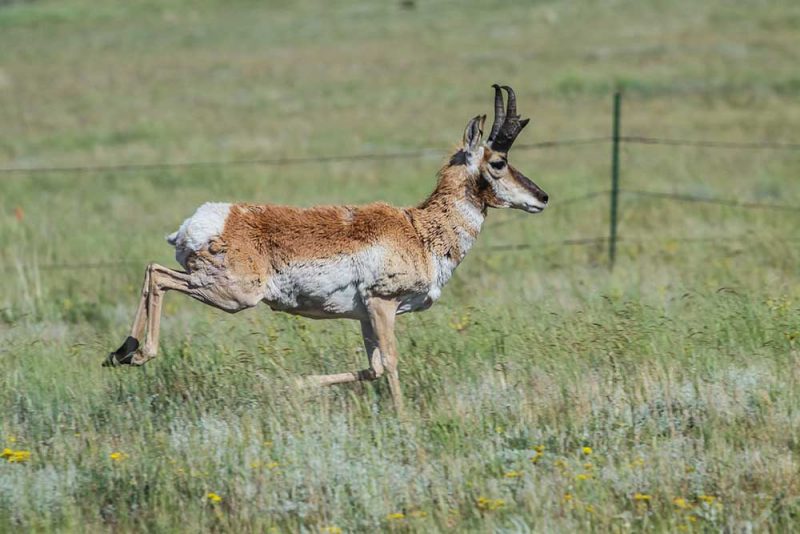The re-introduction of wolves to Yellowstone in 1995 has been a heated debate for years. In short, the “wolf groups” have always laid claim to the fact the wolves will return the ecosystem to what it was before the loss of the wolves in the area. Wolves control the ungulates. Fewer ungulates mean more plants and trees. More plants and trees mean an increasing number of other animal species (IE: songbirds, beavers, etc.) However, a new study released by the University of Wyoming puts to question this theory on the re-introduction of large carnivores and its effect on the ecosystem.
Excerpt from the University of Wyoming:
“Ecosystem restoration via large carnivore reintroduction relies on two critical assumptions. First, large carnivore reintroduction has to initiate a predictable trophic cascade — that is, where carnivores reduce the abundance of herbivores, which, in turn, increases the abundance of the plants they feed on. Second, the magnitude of that trophic cascade has to push an ecosystem back to a previous state.
But lots of other things can happen, too. Reintroduction of large carnivores might not affect the ecosystem much at all. Or the ecosystem might veer off in a new, unpredictable direction due to changes to the ecosystem or biological communities that occurred when large carnivores were absent. This is particularly likely in today’s era of climate change and invasive species, the researchers say.
There aren’t many studies on this topic, so the researchers collected studies that included data on the reintroduction of native apex predators or removal of invasive ones. These events are two sides of the same coin: Reintroductions and removals should work the same way but in opposite directions.
They found that trophic cascades brought on by these events don’t appear to be predictable — sometimes you get them, sometimes you don’t. In fact, they found only one consistent result: When invasive apex predators were removed, smaller predators such as coyotes, foxes, and rats become more common.”
A complete story of their findings can be found at Biological Conservation.
So after 24 years of researching and studying they might have been wrong……maybe! They need more research. Wolves are here to stay but we have to control their numbers as we do in all species.
Here are some more articles on the matter from us at EHUNTR.
Acting Interior Secretary David Bernhardt is expected to announce the plan at the wildlife conference in Denver. The…
Posted by ehuntr.com on Wednesday, March 6, 2019
Whether you love or hate the wolves, management is a must. Management starts with knowing how many animals you have in…
Posted by ehuntr.com on Wednesday, February 20, 2019
What are your thoughts on this matter?














